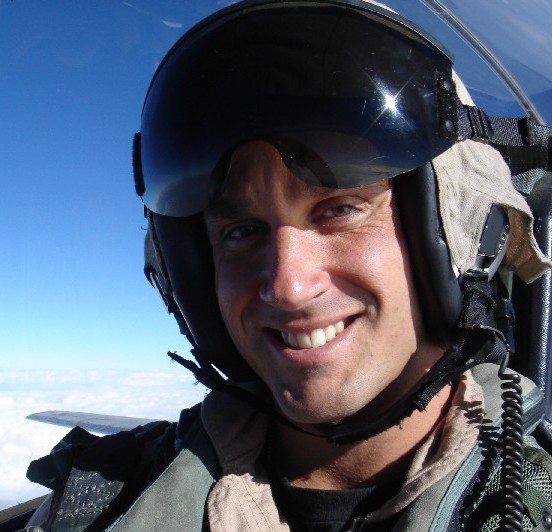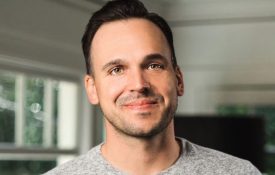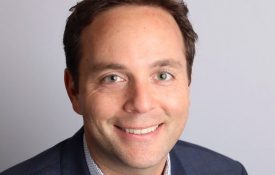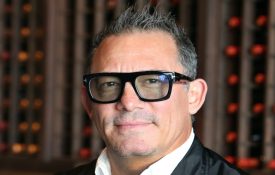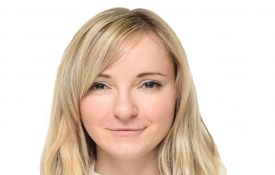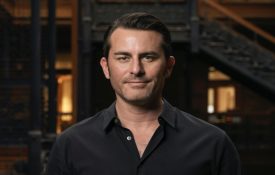What are your biggest business concerns surrounding COVID-19?
My business concerns surrounding the crisis involve the length of time this cycle will last as well as the longer-lasting effects on the economy. As an airline, we were immensely affected, with our revenue dropping to near zero. Although we pivoted the company pretty quick to a cargo-and-logistics-focused airline, we were only able to recapture about 10% of our forecast levels.
When the crisis first hit, we immediately cut executive pay. Unfortunately, the downward spiral in the travel industry continued, and we’ve had to furlough some of our workforce. That decision is absolutely heartbreaking. We have a tight team here at Tropic, and we delayed those decisions as long as we could. Many volunteered to take unpaid leave, which was extremely helpful. Additionally, the CARES Act, with the SBA loans and expanded unemployment benefits, will definitely help us weather the storm and take care of our employees during the crisis. However, although the expanded UI will offset the period of unpaid leave, my other concern is the morale of people on furlough. Everyone needs a purpose in life, and although I cannot ask people to work while on furlough, I’m giving everyone tools to work on themselves if they so choose, such as books and recommendations for personal improvement during the down time
What is your current business strategy for dealing with the situation?
Our current business strategy is cash-preservation while continuing to fly the limited cargo flights. A week ago we were a bit more optimistic on the timing of the recovery. With the continuing crisis, we transitioned to more of a limited skeleton crew for a period of time until we are past the peak. However, I’m a true believer in finding opportunity in crisis. We are taking advantage of this slow period to redesign the company from the ground up with the plan to emerge as a stronger, leaner, and overall better company.
How do you think things will look in your industry a year from now?
Call me an optimist, but I do believe we will see a recovery in the travel industry by the late peak season, which is the holiday season. Although it will not be a full recovery, and we are expecting economic impact for many months, people will be tired of being at home. There will be deals incentivizing people to book travel for the holidays, so travelers will be able to book a dream vacation at a much lower cost. From a business standpoint, however, the impacts will be long lasting. After months of little to no revenue, we will be offering lower prices to jumpstart travel, resulting in extended revenue impacts. It’s imperative that business in this industry continue with a lean, cash-preservation mindset throughout the recovery.
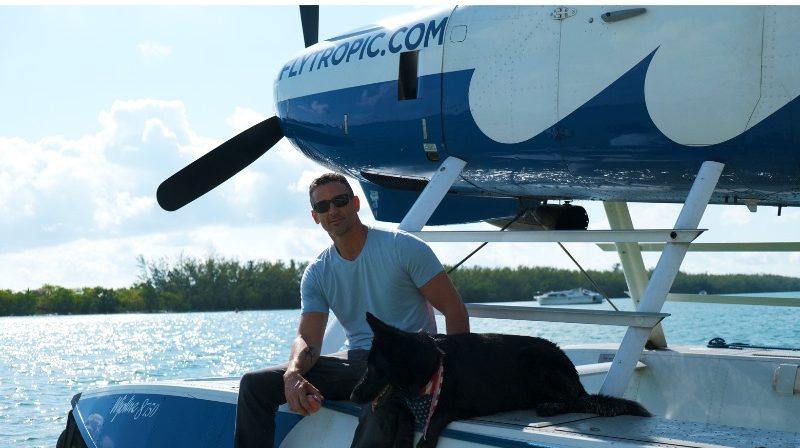
Rob Ceravolo, Founder and CEO, Tropic Ocean Airways
What have you learned from other difficult times in the past?
Crisis leads to emotional and knee-jerk reactions…or, on the opposite spectrum, a denial in that you just don’t believe things are as bad as they are. As a Navy fighter pilot, I’ve had my share of crisis in the cockpit. The key to survival is to first accept the situation, then work through every problem methodically, detach emotionally, and don’t be married to any choice of action in a highly dynamic environment. This crisis is no different. We have to accept and orient ourselves to the reality. The virus is here and no amount of “hoping” will change that. We must focus on the things we can control—business decisions, staying inside, taking care of ourselves and our families—not worry so much about the things we can’t, and pay attention to the ever-changing environment daily. The decisions we made yesterday might be inadequate next week, so we must be flexible and adapt to this environment.
One other absolute key to surviving this thing is gratitude! Yes…this is challenging. Yes…we are all impacted. However, this is occurring in a time when we can connect with loved ones virtually, we can order food and supplies online. We have more free/down time to get in shape, learn a new language, or just catch up on our favorite shows. This will get worse before it gets better, so it’s imperative that we remind ourselves daily of the things we are fortunate to have.
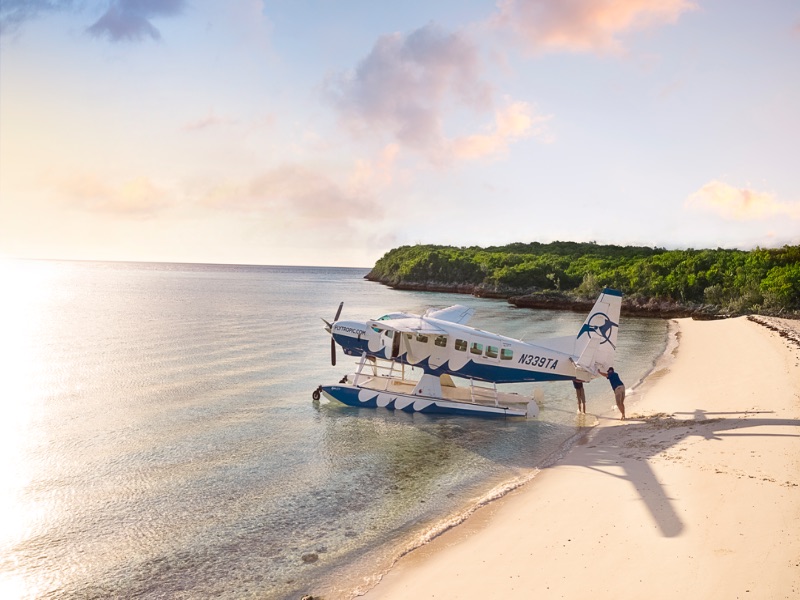
A Tropic Ocean Airways seaplane on the water
Safe–and entertained–at Home: What business leaders are doing with their downtime
Morning routine?
Since the airline is still operating, I’m going to the office daily. However, my normal travel schedule (12-14 days per month) has ceased, so I’m able to enjoy a normal daily morning routine, which involves an espresso, some reading, and a good workout before reviewing my plan for the day.
Currently binging?
I’m re-watching Black Sails!
Currently reading?
Reading on Stoicism is extremely helpful during this time: Mediations, Daily Stoic, and Obstacle is The Way, and catching up on future travel trends.
What are you doing to spend quality time with those you’re sheltering with?
We have more time to get some things done around the house as well as getting in a weekly paddle-board session.
What are you doing to stay healthy mentally and physically?
During the first week of the crisis I was in the office until 10pm every night and would finish a rough day with a glass of scotch and some girl scout cookies. After pulling myself out of that mess, I transitioned back to eating clean 90% of the time and working out daily. Taking care of myself physically helps me manage stress and have a clearer head when making these impactful decisions. Reading daily about Stoicism helps me keep the right frame of mind through the crisis, as well.
Where are you dreaming of visiting once things are back to normal?
When I was on my combat deployment I would read a sailing magazine every night and dream about someday sailing the BVI. After I returned, I took a sailing class and ended up sailing the BVI three years in a row. I feel like I’m back there, dreaming nightly of an adventure I’ll take when this is all over. I can’t decide between spending some time at Kamalame Cay in The Bahamas, getting back down to the BVI for some sailing, kiteboarding in Puerto Rico, taking a motorcycle trip or maybe challenging myself again on Mt Rainier. Maybe I’ll do all of it! Although I’m enjoying time at home I’m becoming a bit stir crazy. I can’t wait to start traveling again!






































